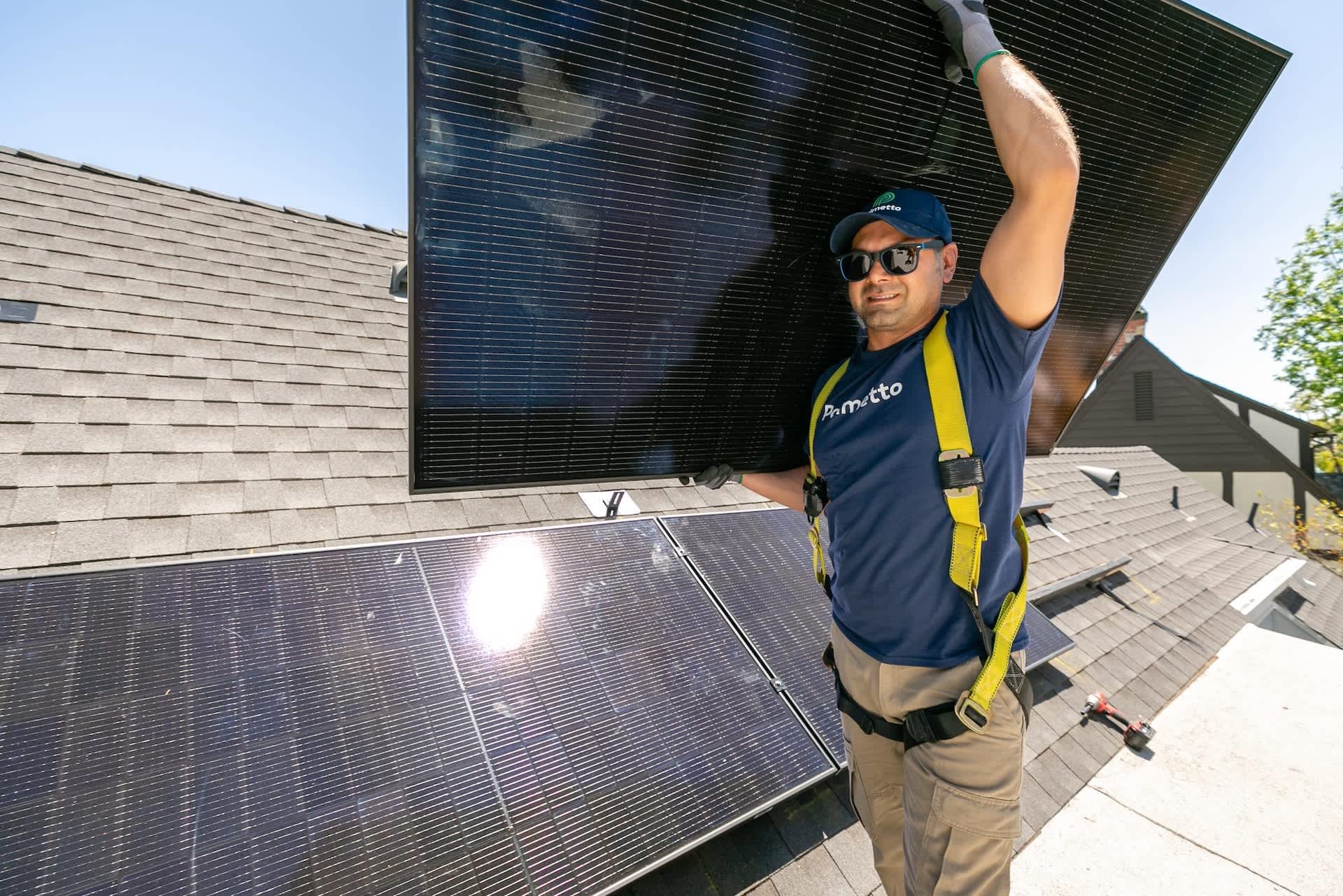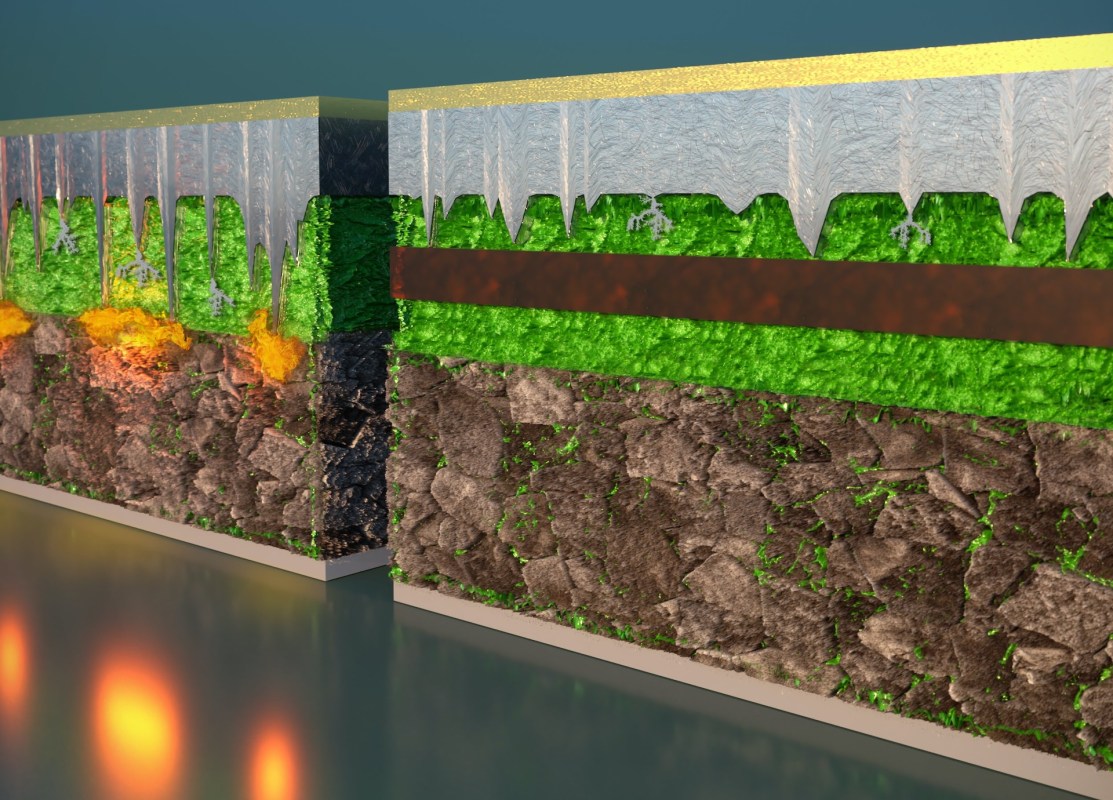Harvard researchers recently made a game-changing breakthrough that could transform rechargeable batteries.
Experts specializing in lithium metal battery research at the Harvard John A. Paulson School of Engineering and Applied Sciences (SEAS) have developed a new solid-state battery that can be recharged in just 10 minutes. According to Electrek, the new battery can be recharged over 6,000 times, more than any other pouch-shaped battery.
The new battery is formulated with a lithium metal anode, a high-quality material favored for rechargeable batteries due to its capabilities for long-term energy storage.
Xin Li, professor of materials science at Harvard SEAS, stated in the development team's published research paper that the battery innovation "could drastically increase the driving distance of electric vehicles."
"Lithium metal anode batteries are considered the holy grail of batteries because they have ten times the capacity of commercial graphite anodes," Li wrote, as quoted by Electrek. "Our research is an important step toward more practical solid-state batteries for industrial and commercial applications."
In addition to their extended charging power, rechargeable batteries are more eco-friendly compared to disposable batteries. A 2018 study published in the International Journal of Management and Commerce Innovations states that "rechargeable batteries consume up to 23 times less non-renewable natural resources than disposable batteries." Rechargeable batteries are also more cost-effective in the long run due to their longer shelf life.
Can't afford solar panels? Here's how to get them without paying for purchase or installation Palmetto's revolutionary LightReach program gives you all the benefits of solar power without the upfront costs. LightReach lets you lease solar panels with no money down, making it easier than ever to lock in energy savings. Palmetto assumes all risk and responsibility for the panels you lease, which means you'll get reliable performance without unforeseen costs. To get started, just answer a few basic questions about your home and learn how much you can save. Learn more → |
Although the Harvard SEAS team's battery design is still in development, investors are eager to bring it to the global market. The Harvard Office of Technology shared in a press release that it will lease the battery to Adden Energy, a spinoff company founded by Li and three Harvard alumni. As Adden Energy specializes in "next-gen battery technologies," the company plans to develop a smartphone-sized version of the SEAS project.
Following their breakthrough, Li and his team at Harvard SEAS plan to continue researching alternative materials for rechargeable battery development.
"Our research explains one possible underlying mechanism of the process and provides a pathway to identify new materials for battery design," Li told the Office of Technology Development.
Join our free newsletter for weekly updates on the coolest innovations improving our lives and saving our planet.
TCD Picks » Grove Collaborative

















